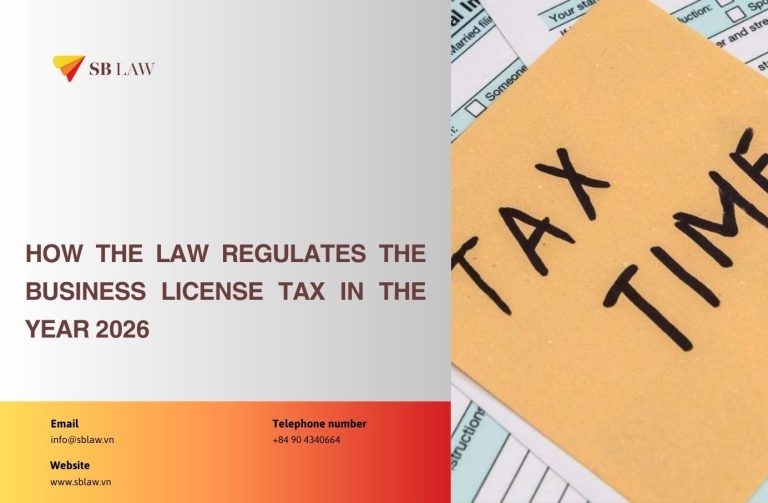Question: I intend to establish a company engaging in the business of freight transport. Please advise whether an enterprise that employs workers in Vietnam is required to pay trade union dues. If so, on what basis are such trade union dues calculated, from what point in time do they arise, and what legal consequences may occur if the enterprise fails to pay or does not pay in full?
Answer:

1.Entities required to pay trade union dues
Pursuant to Article 29 of the Law on Trade Unions 2024, trade union dues is a financial amount paid by the employer to the trade union organization. This is a financial obligation of the enterprise to employees and the trade union, which exists even where the enterprise has not yet established a grass-roots trade union, and is different from membership fees paid by employees.
Pursuant to Article 4 of Decree No. 191/2013/ND-CP providing detailed regulations on trade union finance stipulates that entities required to pay trade union dues are agencies, organizations and enterprises that employ workers, regardless of whether a grass-roots trade union has been established and regardless of the form of ownership or capital. Thus, every employer that has employees subject to compulsory social insurance is required to pay trade union dues.
2. Basis of calculation, rate and time of arising of the trade union dues obligation
Article 29 of the Law on Trade Unions 2024 stipulates that the rate of trade union dues is 2% of the wage fund used as the basis for payment of compulsory social insurance for employees.
Only income items that are included in the employee’s wage used as the basis for payment of social insurance are included in the wage fund for calculating trade union dues.
Allowances, welfare payments and bonuses that are not included in the basis for payment of social insurance are not included in this fund.
For foreign employees, trade union dues is only calculated from the time they fall within the scope of compulsory social insurance in Vietnam.
Pursuant to Article 6 of Decree No. 191/2013/ND-CP, an enterprise shall pay trade union dues once a month at the same time as paying social insurance, and this financial obligation arises from the time the enterprise has employees subject to compulsory social insurance.
3. Legal consequences of failure to pay, late payment or insufficient payment of trade union dues
Clause 5 Article 10 of the Law on Trade Unions 2024 considers acts of failure to pay, late payment, underpayment or failure to pay for the full number of persons subject to trade union dues as prohibited acts.
Article 38 of Decree No. 12/2022/ND-CP stipulates a monetary fine from 12% to less than 15% of the amount required to be paid but not exceeding VND 75,000,000 for acts of late payment, underpayment or failure to pay for the full number of persons, and from 18% to 20% (but not exceeding VND 75,000,000) for acts of failure to pay for all persons subject to payment. The above penalty levels apply to individuals; therefore, the monetary fine imposed on organizations is twice the fine applicable to individuals (Article 6 of Decree 12/2022/ND-CP). The enterprise must also pay the outstanding trade union dues together with interest calculated at the highest non-term deposit interest rate of state commercial banks at the time of sanctioning.
In addition, pursuant to Article 36 of the Law on Trade Unions 2024, an enterprise that violates regulations on payment of trade union dues, depending on the nature and seriousness of the violation, shall be subject to disciplinary measures, administrative sanctions or criminal prosecution, and if damage is caused shall be liable to compensate in accordance with the law.
Consultation: Labor and Employment Services




